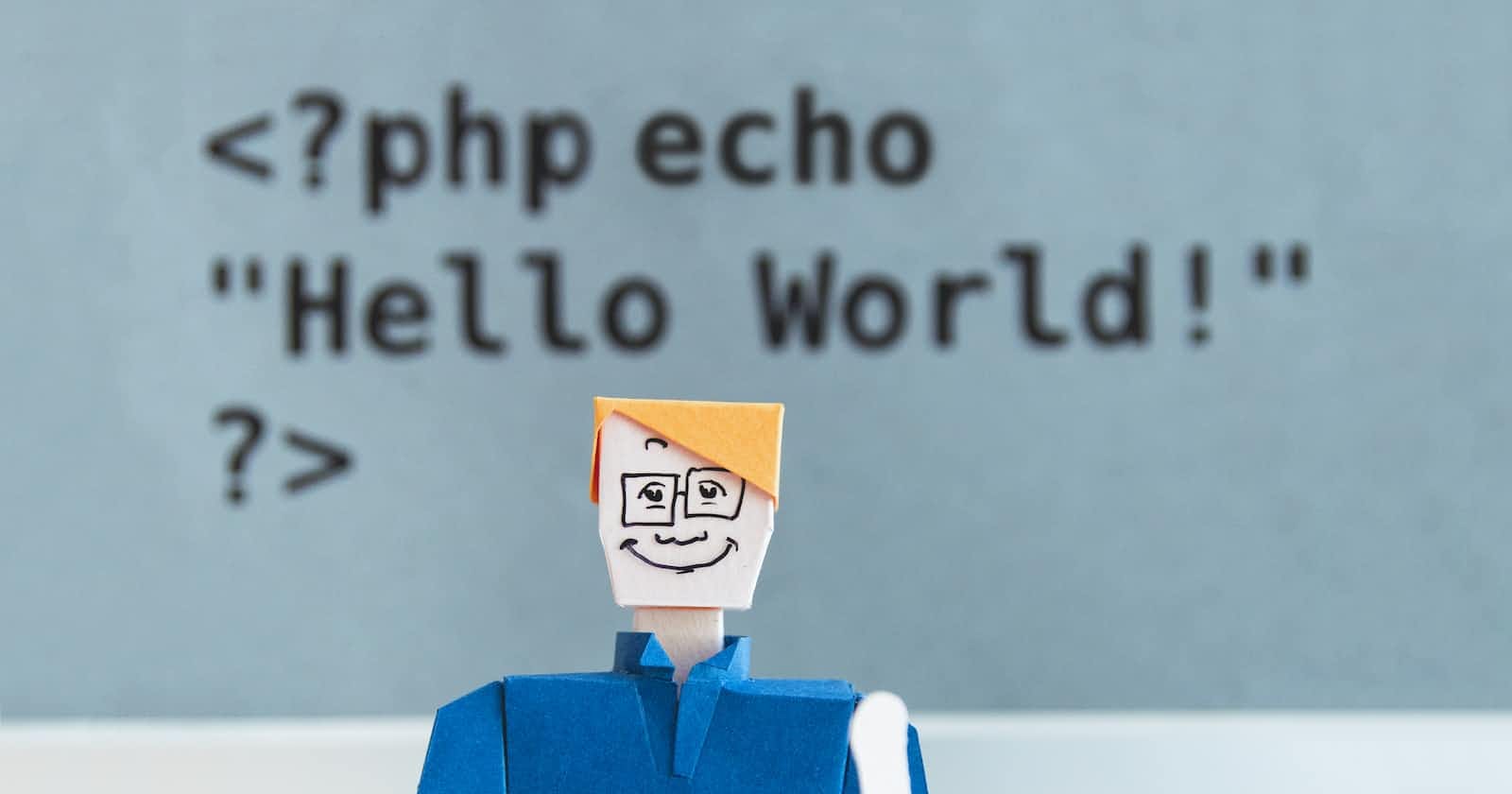
Photo by KOBU Agency on Unsplash
The Benefits of Being a Multilingual Developer
How learning other programming languages can enrich your Python skills and open new opportunities for your career?
Table of contents
If you are a Python developer, you might wonder if learning other programming languages is worth your time and effort. After all, Python is one of the most popular and versatile languages in the world, with a rich set of libraries and frameworks for various domains and applications. However, being proficient in multiple programming languages can have many advantages for your career as a Python developer. Here are some of them:
A Better Programmer
You can expand your skill set and knowledge base. Learning other languages can help you understand different paradigms, concepts, and techniques that can enrich your Python programming. For example, learning a functional language like Haskell can improve your ability to write concise and elegant code in Python. Learning a low-level language like C can help you optimize your Python code performance and memory usage. Learning a web language like JavaScript can enable you to create full-stack applications with Python on the backend and JavaScript on the frontend.
Employability
You can increase your employability and marketability. Being proficient in multiple programming languages can make you more attractive to potential employers and clients who are looking for diverse and flexible developers. You can demonstrate your ability to adapt to different environments and requirements and to solve problems using the best tools for the job. You can also increase your chances of finding opportunities in different domains and industries that use different languages and technologies.
Creativity
You can enhance your creativity and productivity. Learning other programming languages can stimulate your creativity and inspire you to try new things in your Python projects. You can explore new ideas and approaches that you might not have thought of before, or that are not possible or convenient in Python. You can also leverage the strengths and features of other languages to complement or supplement your Python code and to overcome some of the limitations or challenges of Python.
How to Choose?!
As you can see, being proficient in multiple programming languages can have a positive impact on your career as a Python developer. Of course, this does not mean that you should learn every language out there, or that you should neglect your Python skills. Rather, you should be strategic and selective about which languages to learn, based on your goals, interests, and needs. You should also balance your learning time with your practice time, and make sure that you master the fundamentals of each language before moving on to more advanced topics.
If you are interested in learning other programming languages as a Python developer, here are some suggestions for where to start:
If you want to learn a functional language, try Haskell, Clojure, or Scala.
If you want to learn a low-level language, try C, Rust, or Go.
If you want to learn a web language, try JavaScript, TypeScript, or Dart.
If you want to learn a scripting language, try Ruby, Perl, or Lua.
If you want to learn a data science language, try R, Julia, or MATLAB.
Learning other programming languages can be fun and rewarding, as well as beneficial for your career as a Python developer. So don't be afraid to step out of your comfort zone and challenge yourself with something new. You might be surprised by what you can learn and achieve.
I hope you enjoyed this blog post and learned something new. If you did, please share it with your friends and colleagues who might also be interested in learning other programming languages as a Python developer. And if you want to receive more content like this in your inbox, don't forget to subscribe to my newsletter. You can also follow me on Twitter, LinkedIn, and GitHub to stay updated on my latest projects and articles. Thank you for reading and happy coding!
